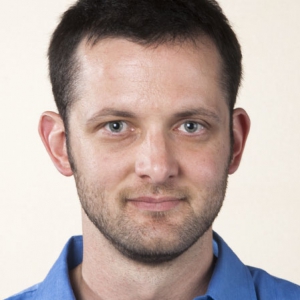Visa and Residence Permit


Olivier Chamard / Geneva Academy
Start Early
To prepare for their stay in Geneva, students are advised to begin visa formalities, if applicable, immediately after their place on the course is confirmed.
Visa
Students who are nationals of countries outside the European Union or the European Free Trade Association need a visa to enter Switzerland and stay for more than 3 months. You will need to consult your nearest Swiss embassy for details about the procedure and required documents.
Residence Permit
Upon arrival in Geneva, all students are required to apply for a student residence permit (Permis B) from the Office Cantonal de la Population (OCP) within 14 days of their arrival in Switzerland.
Residence Permit Extention
In July, when classes are over, students can extend their residence permit for up to six months (i.e. until December) to undertake an internship or temporary assignment in a Geneva-based organization and/or look for a job in Geneva or Switzerland.
Relevant Information
Our Student Office provides students with all the necessary information regarding application procedures for visas and residence permits.




